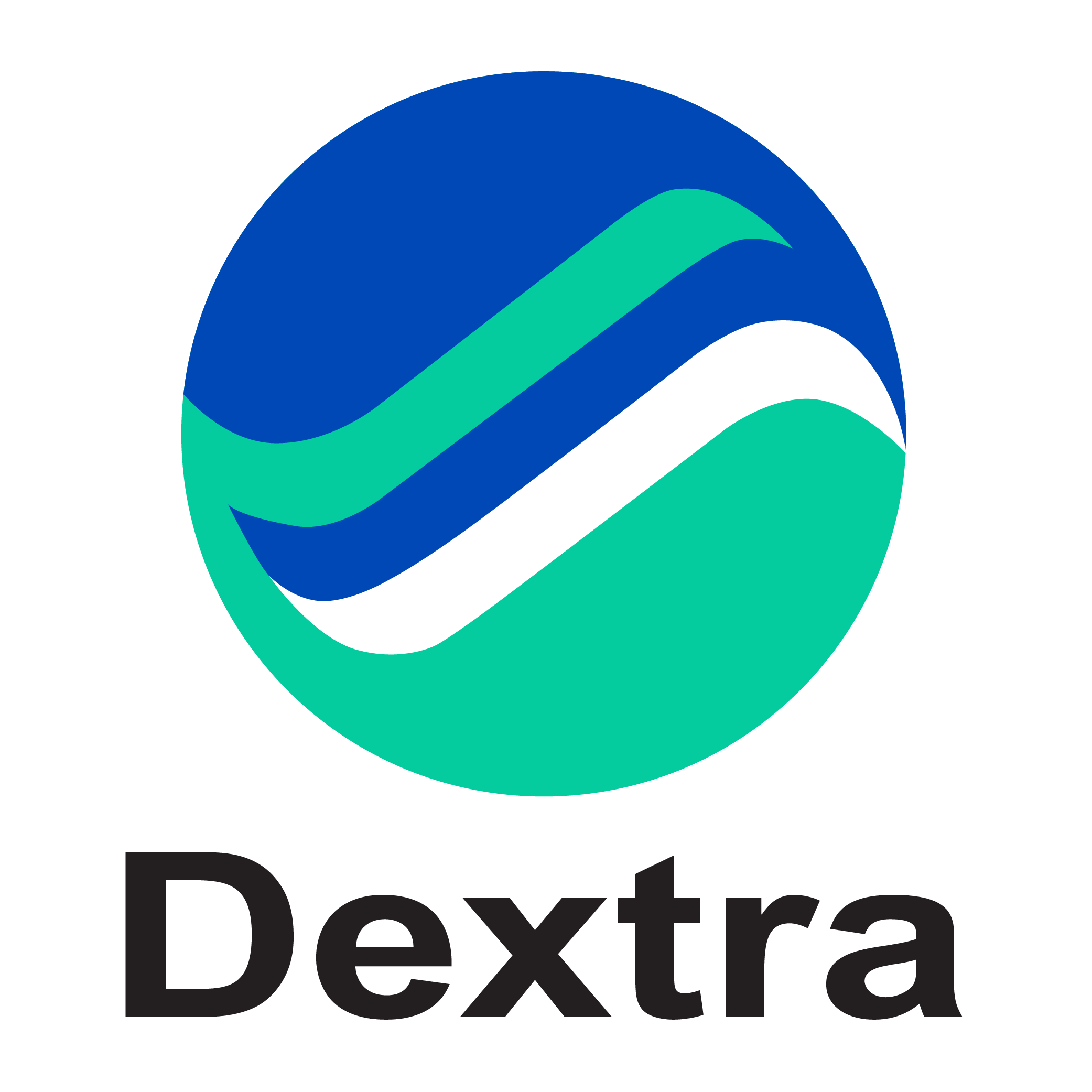Río Subterráneo a Lomas Tunnel
The Río Subterráneo a Lomas tunnel is a 13.5-kilometer-long tunnel in Buenos Aires, Argentina, which will transport drinking water from the newly expanded General Belgrano Water Treatment Plant in the Quilmes area of Bernal to the city of Lomas de Zamora.
As the main element of the Agua Sur system, a water supply project in Argentina, the tunnel is the country’s largest water infrastructure project in the past 40 years. This new system will provide access to freshwater for 2.5 million inhabitants in the southern region of the Buenos Aires metropolitan area.
For this significant project, Dextra supplied Soft-Eyes reinforced with GFRP (Glass Fiber Reinforced Polymer) bars to facilitate Tunnel Boring Machines (TBMs) breaking through a reinforcement cage.
The project required two Tunnel Boring Machines (TBMs) to be launched and received from shafts. The tunnel was excavated at an average depth of 25 meters, starting with a curve of approximately 400 meters in radius and continuing along a largely straight alignment, with a maximum slope of +/- 2 percent.
The first launch shaft is composed of four circular sectors interconnected at the bottom. The shaft measures approximately 45 meters in length, 12 meters in width, and 25 meters in height.
The entire project is expected to take approximately 10 years to complete.













